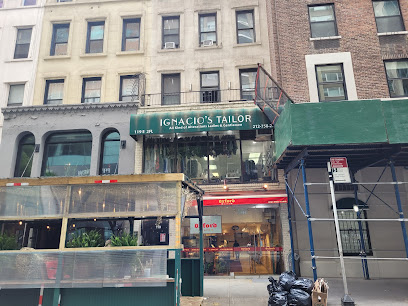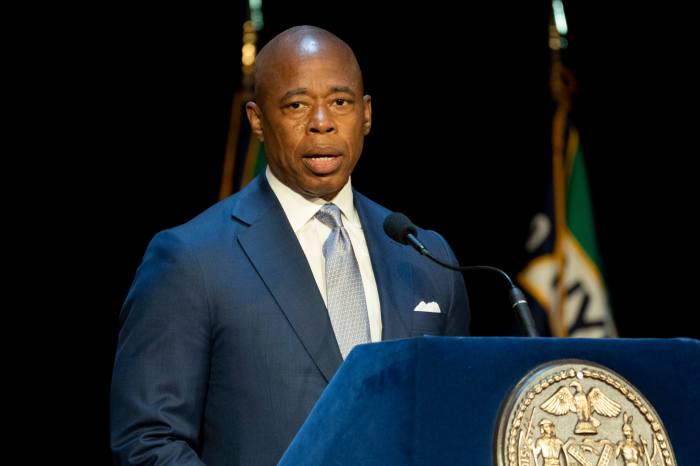I am expected to feel good about Immigration Minister Jason Kenney’s weekend announcement which set out the special measures that will be taken by Canada’s immigration department for those affected by the recent earthquake in Haiti.
But the truth is, I don’t.
The earthquake that struck this poor country last week left behind widespread death and destruction, piles of decomposing bodies, broken infrastructure, abandoned orphanages, the release of criminals from collapsed prisons, contaminated drinking water, the threat of a major outbreak of an assortment of diseases, looting, rape, mob rule — all as a background for the brave rescue workers struggling to find and save the trapped and dying.
To show our compassion, we could grant, say 5,000, permanent resident visas to deserving Haitians who would not normally qualify for immigration to Canada but who genuinely need a break. We could select such a number by lottery or allow individual Canadians, corporations, charities, or religious organizations to sponsor them. We could, for a time, expand the definition of “family class” so Canadians could sponsor their relatives in Haiti who are not normally eligible, i.e. aunts, uncles, nieces, nephews, and brothers and sisters who are over the age of 22, and so on.
We could agree to allow those who have already submitted an application to come to Canada as visitors and permit them to finish their paperwork here. We could relax our strict document requirements and allow those who have lost their valuable papers amongst the rubble to provide alternative methods of proving their identity and eligibility. We could create some emergency procedure to get orphaned children awaiting adoption off the streets and into the temporary hands of caring and trustworthy Canadians or Canadian institutions. We could offer those who are applying for permanent residence and who are in financial distress some time to pay our application fees.
Unfortunately, none of these ideas form part of our government’s special measures.
Our government’s plan? As one major newspaper put it, “Haitians with close family members in Canada will be moved to the front of the immigration line.”
Hmmm… I thought members of the family class, besides parents and grandparents, were already at the front of the line. In any event, only those applicants who can demonstrate that they have been “significantly and adversely” affected by the earthquake will now be put, really and truly, at the front of the line.
In addition, the immigration department will be
- Expediting the in-Canada applications of sponsors and protected persons with relatives in Haiti awaiting processing.
- Waiving the application fees of Haitians in Canada who are applying for an extension of their temporary stay and offering work permits to those who can demonstrate they are unable to support themselves without working.
- Expediting the issuance of citizenship certificates for persons of Haitian nationality so they can obtain travel documents.
- Suspending all removals to Haiti.
These initiatives will be reviewed in six months.
When the tsunami hit southeast Asia in December, 2004, our government implemented similar measures. After six months of “priority processing,” CIC had only issued 366 permanent resident visas to close family members of Canadians who were “seriously and personally affected” by the tsunami. These efforts resulted in a paltry 278 landings. This number is even more pitiful when one considers that most of these visas would have been issued anyways in a few months or so.
For such a rich and generous country like Canada, we really can, and should, do so much better.
For more information about these measures, call 1-888-242-2100 or email question-Haiti@cic.gc.ca.
Guidy Mamann practices law in Toronto at Mamann, Sandaluk and is certified by the Law Society of Upper Canada as an immigration specialist. For more information, visit migrationlaw.com or email metro@migrationlaw.com.
















